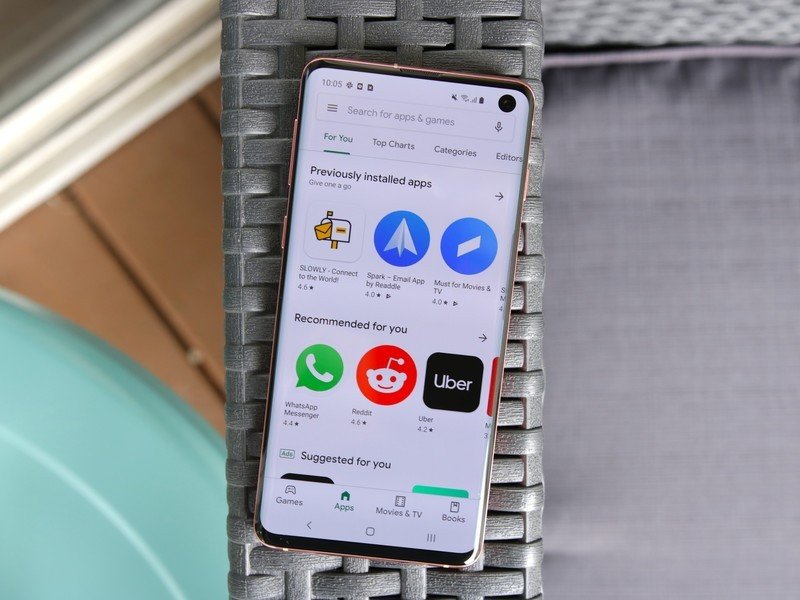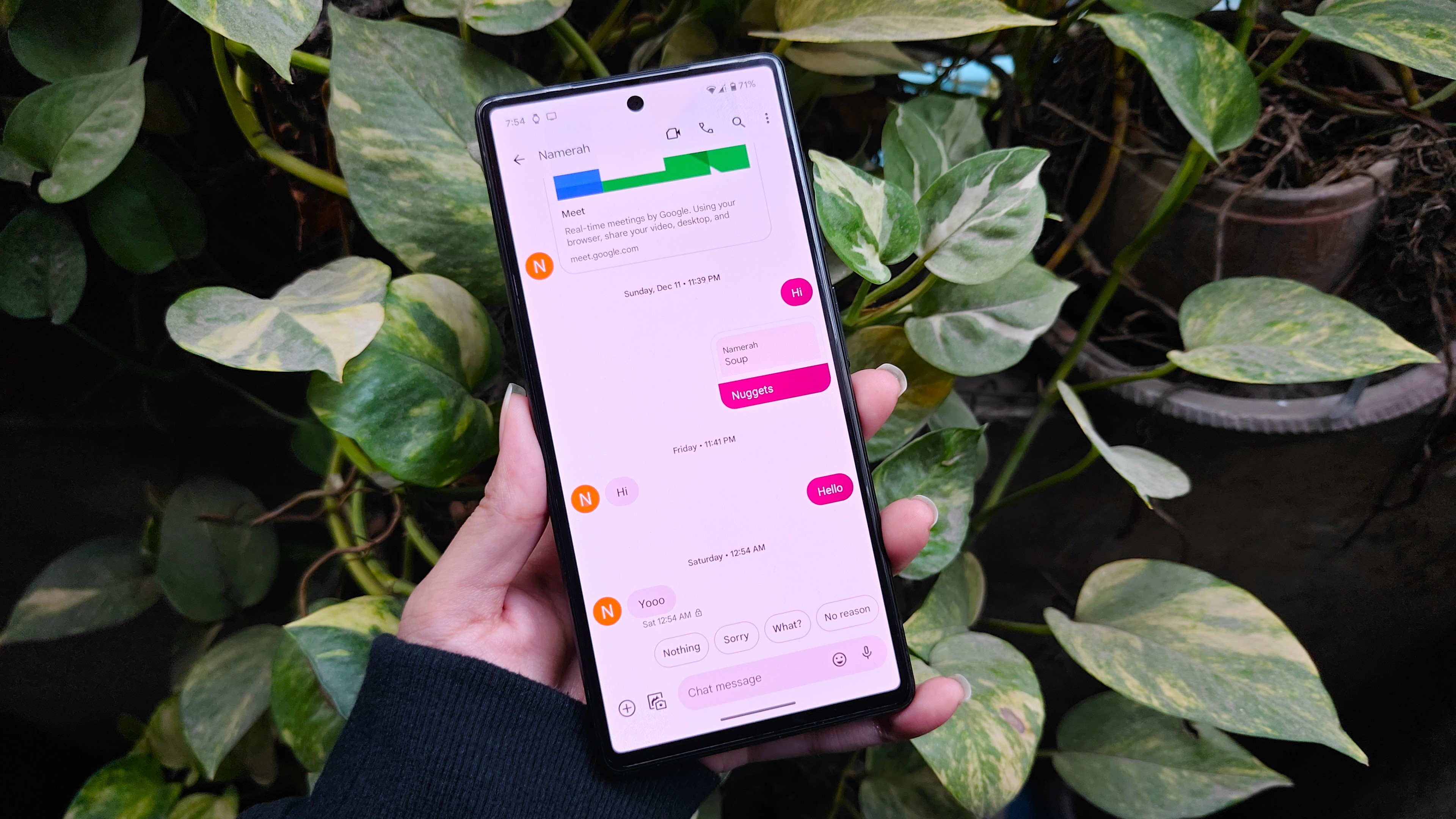Despite onerous and inconsistent App Store rules, developers still go to Apple first over Google Play

Apple is facing another heated public debate over its App Store policies, after it was seen holding Basecamp's new Hey email app in limbo as it effectively attempts to extort the company into adding an in-app subscription that would flow through Apple's payment system and send the company a percentage of the transaction. Unlike many of these situations, Basecamp isn't just folding under — the company is reiterating that Apple's brazen attempt to strong-arm it into submitting to Apple's payment structure at a 30% fee is outrageous.
It's easy for your first reaction to be that the worst part about this is whole thing is holding an app from being distributed in the App Store because it doesn't manage its subscription service through Apple and pay the company a cut of it. But the real issue here is different, and far more impactful: Apple doesn't apply its rules evenly or consistently.
Apple has onerous stated policies for the App Store — but it's the inconstent enforcement that's worse.
Apple has a stated policy of not allowing apps to run subscriptions through their own payment channels that subvert Apple's payment infrastructure. The problem is that enforcement is messy. There are, of course, exceptions to these rules — explicit and otherwise. Apple lets some companies skip this payment requirement, and others simply fly under the radar because they're small and never get caught in the massive catalogue of apps.
Apple accepted the Hey app into the store, from a very well-known developer, only to then hold it from receiving future updates and threaten to remove it from the App Store if the developer doesn't comply with Apple's policies. That's really bad, but these types of situations happen regularly, and developers just deal with it.
Accepting an app, then extorting it and threatening to pull it from the store is downright cruel.
Basecamp could naturally do what Spotify does: charge more through the iOS app to cover Apple's fee. Charge $99 per year for the subscription outside of the App Store, and charge $130 when someone signs up through the app. It satisfies Apple's need to have a subscription in the app, and the company's revenue per user doesn't go down. Of course this is a terrible user experience for the customer, who will undoubtedly take their anger out on the developer, not Apple, when they find out they're paying 30% more. And it can easily be argued that conversions from fee to paid users will be lower because of the sticker shock.
In a completely unsurprising development, it was also announced this week that the European Commission is investigating Apple over anticompetitive behavior in the App Store. But that sentence could've been written anytime in the past 10 years — the EC loves these sorts of investigations, and there's been more than enough fuel available in Apple's policies to support them any time a governing body wished to start up a new probe.

The whole situation is messy, frustrating and really doesn't paint Apple in the greatest light. Developers are regularly put off by Apple's onerous and strong-handed App Store policies, to say nothing of the outright cost of doing business even when Apple is following its rules perfectly. So, why don't they just leave? Even though developers butt heads with Apple constantly over the company's policies and policing in the App Store, the response is always to stay and fight Apple — or cave to its demands — rather than shift investment to Google Play. And the equation is pretty simple: it's a better use of resources to massage your business model to fit Apple's demands and eventually get into the App Store where users consistently buy apps and spend more money on subscriptions than Android.
Be an expert in 5 minutes
Get the latest news from Android Central, your trusted companion in the world of Android
No matter how much developers hate Apple's policies, they have to stay there for the money.
It isn't Stockholm syndrome, it's economics. Subscription revenue through the App Store is reported to be over three times what it is on Google Play. And the top developers are making at least 60% more on the App Store overall than on Google Play. If you want to make money, you invest in iOS — even with Apple's frustrating policies.
Considering that this continues to be the situation even after plenty of high-profile instances of Apple hurting developers, it's clear that Google isn't exactly on the precipice of grabbing a ton of developers to make Android apps first and foremost. There's still a large disparity in the quality of apps between iOS and Android, and in the case of smaller developers there's a very real possibility that an app will be iOS first, if not iOS-only. Sure all of the big names will be on Android, because you just can't walk away from a market that large. But typically it's the big free apps, games with in-app purchases, apps for shopping, and apps that from institutions like financial institutions with non-app business models.
Android is now big enough that it gets most apps, but there's still a clear gulf between the platforms.
The small, new, fun, independent apps still aren't coming to Android. Apps that need a yearly subscription to survive, and premium tools with lots of pricey in-app purchases, generally aren't coming here. And of course, Google isn't free from criticism on Play Store policies, either. Google may have a more relaxed set of requirements for being in Google Play, but it still takes a 30% cut of transactions as well — something Fortnite creator Epic Games will constantly complain about.
Credit to Basecamp's co-founder David Heinemeier Hansson, who not backing down, saying "There is never in a million years a way that I am paying Apple a third of our revenues." We'll see how that eventually plays out — Basecamp has also launched Hey on the Play Store. I wish that more developers had the ability to be able to tell Apple its policies are overbearing, and shift resources to Android; it just doesn't seem to be happening.
Andrew was an Executive Editor, U.S. at Android Central between 2012 and 2020.

